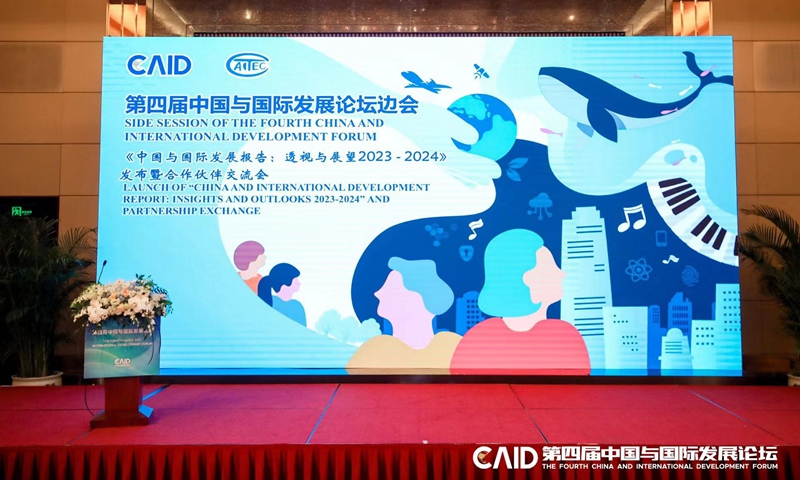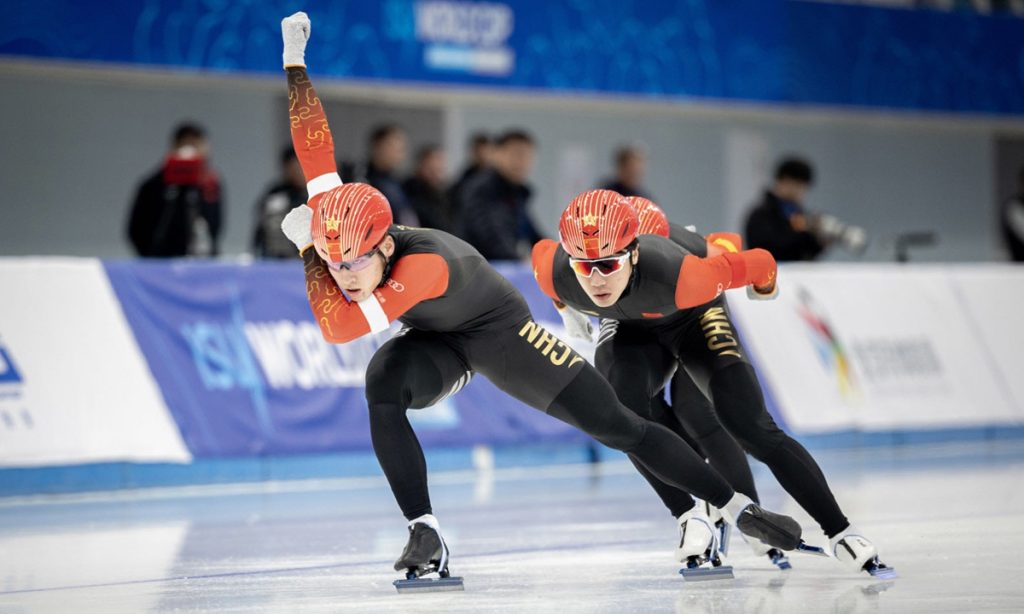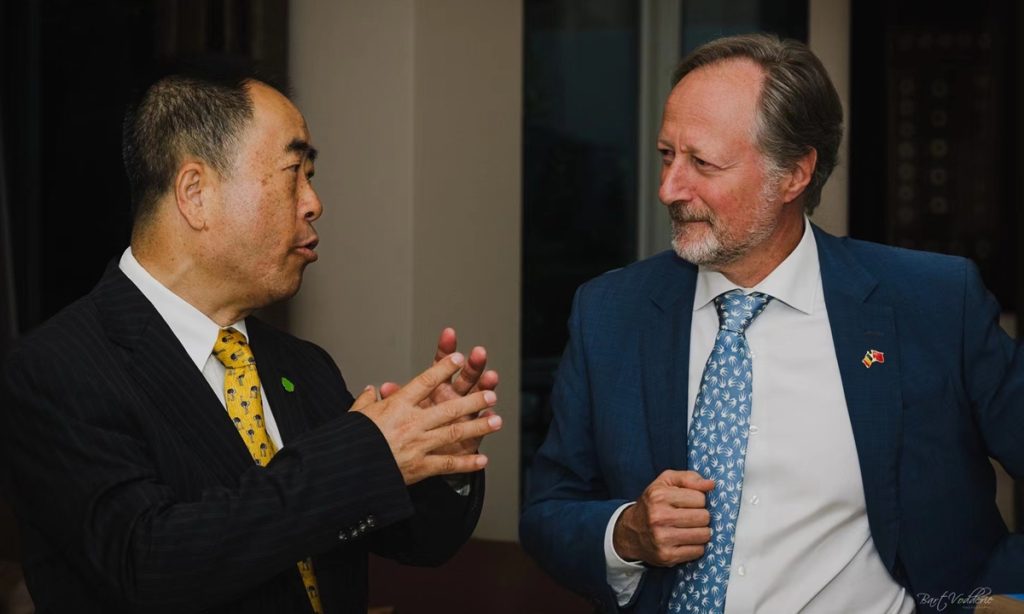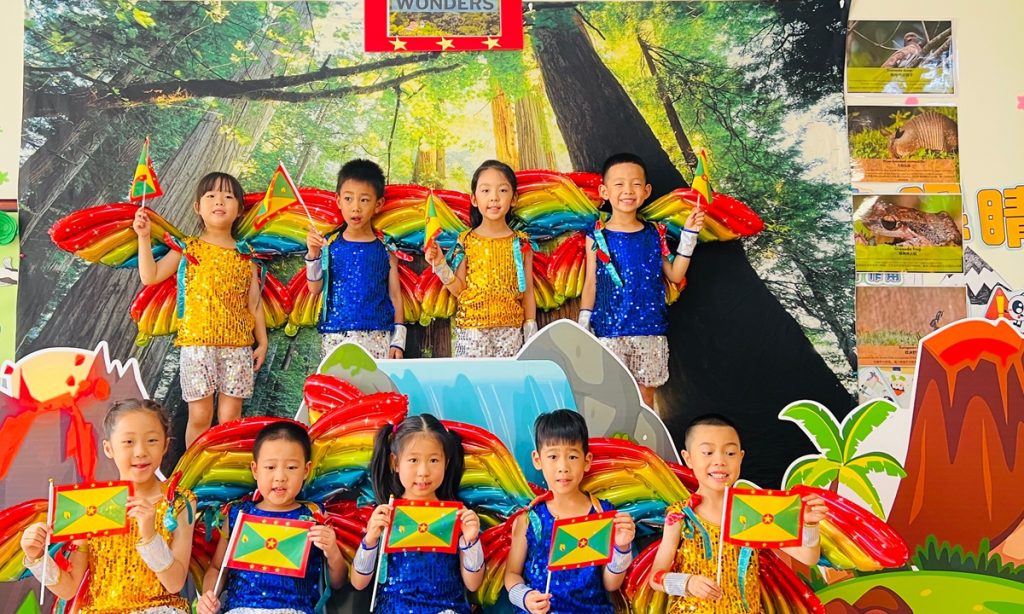China to launch a one-month special campaign to rectify negative content orientation in short video

China's top internet regulator published a notice on Tuesday, announcing a one-month special campaign to rectify negative content orientation in short videos, in an effort to comprehensively regulate the short video platforms and promote healthy competition within the industry.
According to the Office of the Central Cyberspace Affairs Commission (CAC), the campaign is targeting three typical problems — the spread of false information, the display of inappropriate content and spread of wrong values.
The notice listed the example of staged photography and dissemination of rumors related to people's livelihoods, such as fabricating plots of helping disadvantaged groups to exploit public sympathy, or staging fake scenes at the site of emergencies and spreading panic.
The second example of false information were fake videos generated or edited by technologies such as artificial intelligence, using people's portraits or voices illegally in deepfake or voice cloning. The notice also specified to regulate videos that distorting or interpreting authoritative information released by official sources out of context.
Display of inappropriate content includes deliberately showcasing actions with sexual implications, and marketing with such contents; and intentionally using special effects and props to deliberately create an ugly image to attract attention, or using cross-dressing to create vulgar personas against public aesthetics.
The notice clarified that videos showing online celebrities' malicious marketing and highly dangerous behaviors, such as suicide, self-harm and animal abuse, as well as parkour and drag racing will be regulated.
Short videos spreading wrong values include intentionally challenging ethnic and traditional customs, inciting ethnic hatred or regional discrimination, and spreading incorrect views on marriage and relationships, and deliberately creating gender opposition.
Short videos spreading wrong values, such as boasting for an incorrect career view, unscrupulous means, negative nihilism, flaunting wealth, worshiping materialism, and indulging in extravagance, will be subject to supervision.
According to the CAC, the recommendation mechanism should be optimized to focus on algorithm orientation and insufficient recommendation of high-quality short videos.
It is also necessary to address problems such as the review mechanisms lack standards or the standards are not comprehensive.
The campaign is launched to urge short video platforms to tackle the frequent occurrence of inappropriate contents and values, strengthen their content review mechanisms. It also aimed to create a healthy competition environment for orderly development of the industry, the office said.
The CAC stated that during the campaign, it will close and penalize a batch of accounts and platforms that have serious violations of laws and regulations. It will also promptly release information to the society, ensure smooth reporting channels, and encourage the public to participate.







